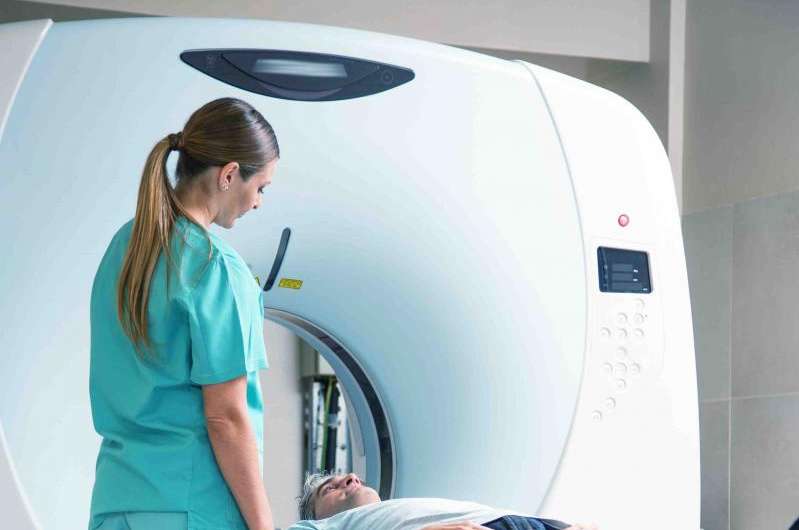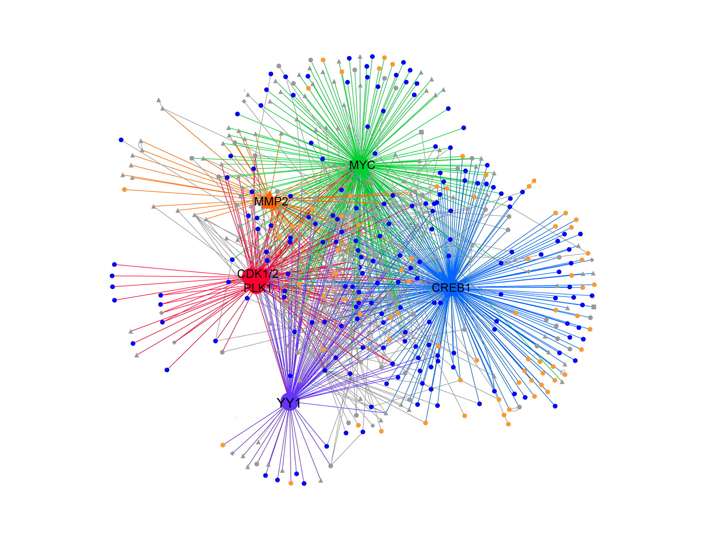Low-dose radiation impacts skin sensitivity

In experiments where human skin tissue samples were exposed to low doses of ionizing radiation, scientists at Pacific Northwest National Laboratory found that a skin tissue model showed perturbations that suggest its stability is altered. This, in turn, could change skin's sensitivity after exposure to insults, such as infection.
Every day, we are exposed to low doses of ionizing radiation, from the earth (radon, rocks, soil); outer space; and, increasingly, from the use of radiation in industry, homeland security, research, and modern medicine. Understanding the biological effects of low-dose radiation exposure is important for protecting the population and environment from any potentially harmful effects of these increased exposures.
To better understand these effects on human skin, the PNNL team exposed tissue samples of normal human surface, or epidermal, skin cells and underlying dermal fibroblasts to low levels of ionizing radiation. These levels are approximately equivalent to five CT scans but are much less than the skin would be exposed to in a patient undergoing radiation therapy for an internal body cancer.
They measured the response of the skin over 1 to 72 hours after irradiation using global transcriptomics, proteomics, phosphoproteomics, and metabolomics to characterize the skin's structure, function, and dynamics. The results appear in the journal Toxicology and Applied Pharmacology.
"We saw patterns of perturbed biological pathways that indicated persistent alterations in the stability of cells and tissue," said Dr. Katrina Waters, a senior research scientist at PNNL who led the study. "This change in stability could change the skin's sensitivity after exposure to low-dose radiation. For example, patients that receive even low doses of radiation from medical applications could potentially have altered skin resistance to opportunistic infections or other environmental exposures, in addition to an increased risk of cancer."

The global omics approach used by the team, which took into account not only changes in gene transcription but also alterations in protein abundance, protein post-translational modifications, and the effects of altered protein activity (i.e., metabolism), makes it possible to identify novel signaling pathways not clearly defined by any single omic technology.
According to reviewers of the journal article, the work illustrates the depth of biological detail that can be revealed by integrating complementary but distinct molecular profiling techniques. The identification of new pathways and networks emphasized the added value of integrating huge data sets obtained using omics technologies.
Waters pointed out that this study of radiation effects has nothing to do with cancer. Instead, it is about skin integrity and permeability. "Traditional radiation studies focus on DNA damage as the endpoint because it leads to cancer," she said. "But low-dose radiation effects don't always lead to cancer. What this study is really showing is that there's a change in stability in the skin after radiation that alters susceptibility to insults, such as infection."
More information: Tilton SC, TJ Weber, BJM Webb-Robertson, H Shankaran, MB Sowa, DL Stenoien, WF Morgan, and KM Waters. 2015. "Data Integration Reveals Key Homeostatic Mechanisms Following Low Dose Radiation Exposure." Toxicology and Applied Pharmacology (In Press). DOI: 10.1016/j.taap.2015.01.019




















